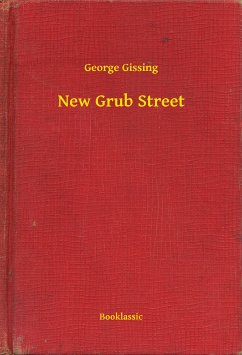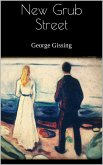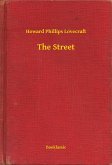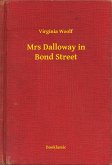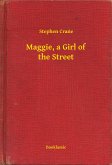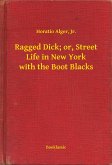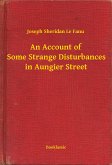The story is about the literary world of late-Victorian London that Gissing inhabited, and its title, New Grub Street, alludes to the London street, Grub Street, which in the 18th century became synonymous with the "hack writing" that pervades Gissing's novel; Grub Street itself was no longer extant when Gissing was writing. The novel contrasts Edwin Reardon, a congenitally uncommercial but talented writer, against Jasper Milvain, a selfish and unscrupulous hack who rejects artistic endeavour for material gain. Milvain's trite, manipulative work ascends while Reardon's work--and his life--spiral downward.
The novel suggests that the literary world rewards materialistic self-promotion more than serious artistic sensibility. Gissing's biography--a respected writer who struggled for a long time to obtain commercial success--strongly suggests the novel is autobiographical, the author's stand-in being (of course) Reardon.
The novel suggests that the literary world rewards materialistic self-promotion more than serious artistic sensibility. Gissing's biography--a respected writer who struggled for a long time to obtain commercial success--strongly suggests the novel is autobiographical, the author's stand-in being (of course) Reardon.
